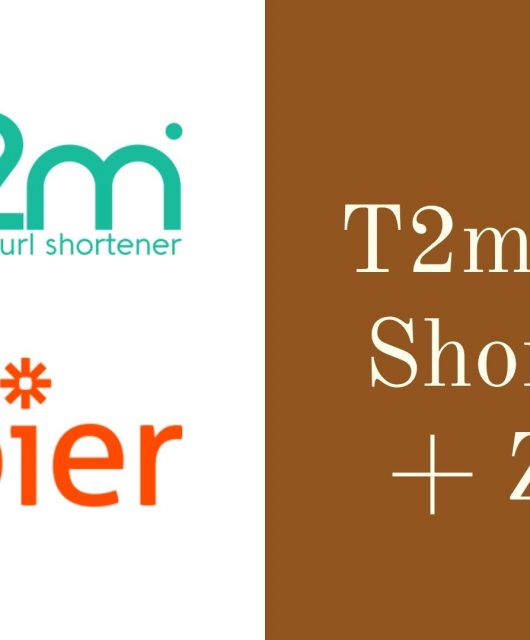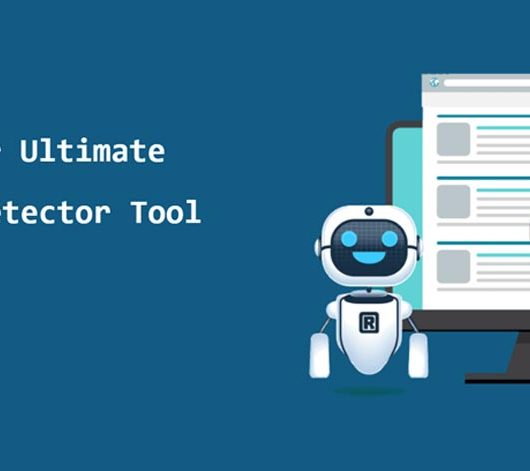Did you know that the concept of content marketing dates back to the 19th century when John Deere Equipment Company published a magazine for farmers? This was an early form of content marketing, providing information and value to its customers.
Content marketing has come a long way since those humble beginnings. It is now integral for driving brand awareness, interactions, and conversions.
Content marketing today requires more than just curating articles and blog posts. It’s about creating content that stands out and drives results. Thus, the need for innovation in content creation and distribution led to the rise of AI in content marketing.
5 Benefits of Using AI Tools for Successful Content Marketing
Artificial Intelligence (AI) has become a massive advancement in content marketing. AI tools are designed to optimize various aspects of content marketing, from content generation to distribution. They bring a lot of benefits, including:
1. Enhanced Efficiency
AI tools can automate tasks, such as content generation and social media posting, saving valuable time for your team. According to a study by HubSpot, 67% of marketers find that saving time is the most significant benefit of using AI in their content marketing efforts.
2. Improved Personalization
Personalization is the foundation of successful content marketing. AI algorithms analyze user preferences to deliver personalized content. As per a report by Instapage, 88% of marketers have seen a measurable improvement in their results due to personalization.
3. Data-Driven Decision Making
AI tools provide actionable insights from data analytics, enabling data-driven decisions. 85% of marketers who use AI say it delivers better results, according to a BrightEdge survey.
4. Higher Engagement
AI chatbots and algorithms improve user engagement by offering immediate assistance. A study by Intercom found that 61% of chatbot marketers enhanced their customer experience, and users appreciated the quick response time of AI chatbots.
5. Enhanced ROI
AI-driven email marketing campaigns deliver more personalized content, leading to higher conversion rates. In fact, research by Mailchimp suggests that personalized emails result in an average of 14.31% increase in open rates and a 100.95% increase in click-through rates than non-personalized emails.
The 10 Must-Have AI Tool Types
Now that we have a brief understanding of the role and benefits of AI in content marketing, let’s discuss ten types of AI tools you can use for your campaigns.
Tool #1: Content Generation
AI-driven content generation is an innovative concept. They can be employed for various purposes, including blog posts, videos, and even social media updates.
One example of an AI tool for content generation is VEED. It offers tools like AI avatars to generate lifelike avatars and automate video creation. Other helpful features VEED offers are video translator, background remover, and audio converter.
AI-generated content is a time-saver, but it may lack the tone of human-created content. While it’s ideal for basic content, human oversight is essential for complex or sensitive topics.
Tool #2: SEO Optimization
AI-powered SEO tools are indispensable for improving search engine rankings. These tools analyze data to identify keywords, monitor competitors, and track the performance of your website.
AI-driven SEO can help you discover the most effective keywords and optimize your website accordingly. This leads to higher rankings and increased organic traffic.
Tool #3: Personalization
Customizing content to each user’s preferences is a hallmark of AI-powered personalization tools. These tools analyze user behavior and create a unique experience for each visitor, increasing interactions and conversions.
Tool #4: Analytics and Insights
AI-driven analytics tools provide deep insights into the performance of your content marketing efforts. They help identify which content performs best, which channels drive the most traffic, and how to improve your strategy.
AI tools can track metrics such as bounce rate, click-through rate, and conversion rate to assess the effectiveness of your content. The data provided by AI analytics tools helps marketers make rational decisions, reform their strategies, and distribute resources more efficiently.
Tool #5: Content Curation
AI-assisted content curation tools are a blessing for content marketers looking to save time while maintaining quality. These tools sift through vast amounts of content to find the most relevant and valuable pieces for your readers.
Content curation tools ensure that your readers receive high-quality content without the need for manual research and curation. Content curation is the backbone of platforms like ChatGPT, which delivers personalized content to users. This approach has attracted millions of users seeking curated content.
Tool #6: Chatbots and Customer Support
AI-powered chatbots have become invaluable in content marketing. They provide immediate assistance to users, enhancing user participation and enhancing customer assistance.
Chatbots can answer customer inquiries 24/7, providing prompt and helpful responses. This elevates user experience and builds trust. Sephora’s chatbot, for example, provides product recommendations and makeup tips, offering a personalized experience for its customers.
Tool #7: Social Media Management
AI for social media management has simplified the process of scheduling posts, optimizing content, and engaging with the audience. AI-powered tools enable you to maintain a consistent and engaging social media presence, even with limited resources.
For instance, Hootsuite’s AI algorithms analyze social media trends to suggest the best times to post content.
Tool #8: Email Marketing
AI-driven email marketing campaigns have revolutionized how brands engage with their subscribers. These tools personalize email content and focus on delivering measurable results.
AI can segment your email list and customize content to individual preferences, increasing open and click-through rates. Companies like Amazon use AI algorithms to make product recommendations, and they send personalized emails to customers based on their browsing history. This approach has led to a significant increase in email click-through rates and revenue.
Tool #9: Predictive Analytics
Leveraging AI for predicting content trends and consumer behavior is a powerful tool for staying ahead in content marketing. Predictive analytics can forecast what content will resonate with your audience, allowing you to create content that anticipates their needs.
A prime example is Netflix’s recommendation system, driven by predictive analytics. This system has played a pivotal role in making Netflix a dominant player in the streaming industry.
Tool #10: Content Distribution
AI-driven content distribution strategies can help maximize the reach and interactivity of your content. AI algorithms can identify the best times and platforms for content distribution, ensuring it reaches the right audience at the right time.
BuzzFeed utilizes AI to analyze the behavior of its users, ensuring that its content is shared on platforms where it’s likely to go viral.
Implementing AI Tools in Content Marketing
Before integrating AI tools into your content marketing strategy, assessing your organization’s readiness is essential. This involves evaluating your team’s digital skills, data infrastructure, and budget for AI implementation.
Here are several steps to integrate AI tools into your content marketing strategy:
Step 1. Define what you aim to achieve with AI in your content marketing. Clear objectives are essential, whether it’s better personalization, improved SEO, or more efficient content distribution.
Step 2. Choose AI tools that are cost-efficient and compatible with your existing systems.
Step 3. Ensure that your team is trained to use AI tools effectively. This may require upskilling in data analysis or understanding AI algorithms.
Step 4. Integrate the selected AI tools into your existing marketing systems and processes.
Step 5. Continuously monitor the performance of AI tools and adapt your strategy as needed.
Final Thoughts
In conclusion, AI tools have become valuable in the content marketing space. They enhance efficiency, improve personalization, and offer data-driven insights that can propel your marketing efforts.
AI is not just a tool; it’s a strategic advantage. To stay competitive, you need to remain agile and adaptable. Embrace emerging AI technologies and trends to position your brand as an industry leader. So, make the most of these ten must-have AI tools and ensure the success of your content marketing campaigns.











